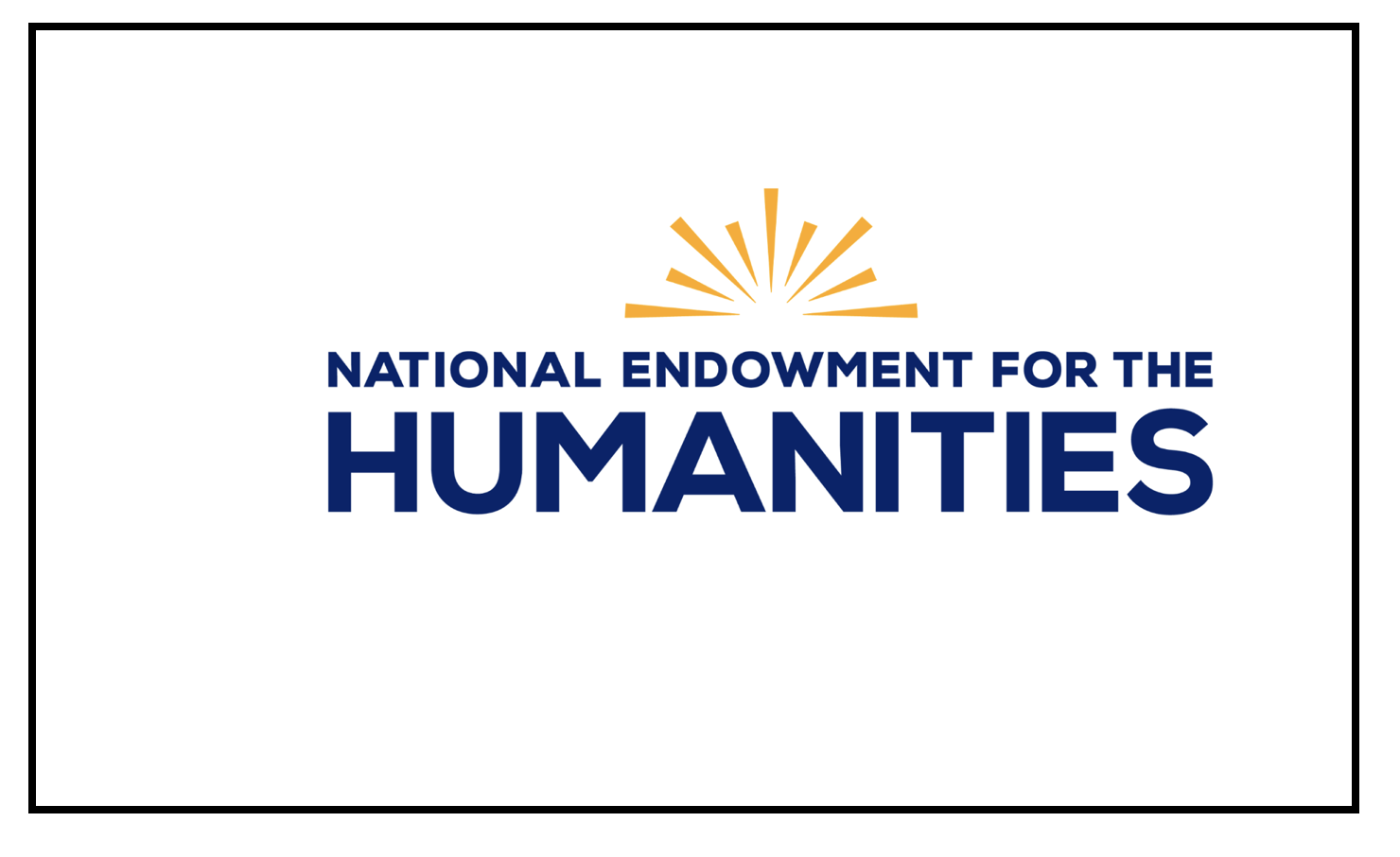Participant Expectations & Stipend
NEH Participant Expectations
Please read the full Participant Expectations here.
Participants are expected to submit a project evaluation.
Project applicants who accept an offer to participate are expected to remain during the entire period of the program and to participate in its work on a full-time basis. If a participant is obliged through special circumstances to depart before the end of the program, it shall be the recipient institution’s responsibility to see that only a pro-rata share of the stipend is received or that the appropriate prorated share of the stipend is returned if the participant has already received the full stipend.
Once an applicant has accepted an offer to attend any NEH Summer Program (Seminar, Institute, or Landmark), they may not accept an additional offer or withdraw in order to accept a different offer.
Participant Stipend
Participants will receive a $2850 stipend (taxable) to offset all associated costs with attending the NEH Institute. Per NEH guidelines, the stipend will be paid after full attendance of the Institute.
If you choose to stay at SSU, the housing costs will be deducted from the stipend and paid directly to SSU at the end of the institute.
Please contact Fawn Canady at canadyf@sou.edu with housing questions.
Application Deadlines
Application deadline: March 5 2025, 11:59 PST:
Applicant notification date: April 2, 2025 applicant notification date
Deadline for selected applicants to accept or decline our offer: April 16, 2025.
NEH Applicant and Participant FAQs
NEH Principles of Civility
Our institute will adhere to the Principles of Civility for ALL NEH Professional Development Programs which include:
NEH Seminars, Institutes, and Landmarks programs are intended to extend and deepen knowledge and understanding of the humanities by focusing on significant topics, texts, and issues; contribute to the intellectual vitality and professional development of participants; and foster a community of inquiry that provides models of excellence in scholarship and teaching.
NEH expects that project directors will take responsibility for encouraging an ethos of openness and respect, upholding the basic norms of civil discourse.
Seminar, Institute, and Landmarks presentations and discussions should be:
1. firmly grounded in rigorous scholarship, and thoughtful analysis;
2. conducted without partisan advocacy;
3. respectful of divergent views;
4. free of ad hominem commentary; and
5. devoid of ethnic, religious, gender, disability, or racial bias.
NEH welcomes comments, concerns, or suggestions on these principles at questions@neh.gov.
